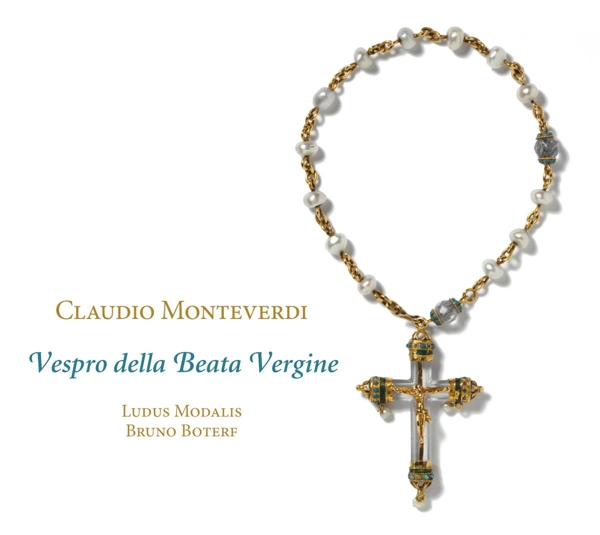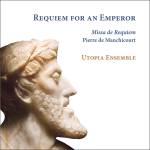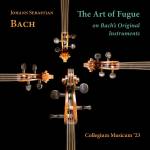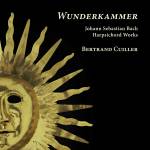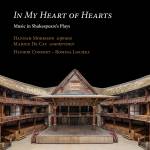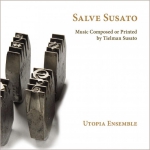Weitere Produkte von Bruno Boterf / Ludus Modalis |
Mein Konto
|
Anmelden
|
Deutsch |
HK$ 港元 |
erweiterte Suche
|
Alle Kategorien
BEST SELLER
500
NEUHEITEN
8.107
ANGEBOTE
216.456
Bisherige Auswahl:
keine Auswahl
Ergebnis einschränken:
TECHNIK
244.897
MUSIK
717.485
- 60er Jahre
269
- Asia Pop
9.543
- Austro Pop
208
- Brit Pop
243
- Dutch Pop
1
- Euro Pop
36
- French Pop
575
- Indie Pop/Lo Fi
23
- Italo Pop
286
- Latin Pop
6.942
- MiddleoftheRoad
2.521
- Oldies
62
- Party
33
- Sonst.Pop
236.174
- Synthi Pop
306
|
Musik Filme Hörbücher Merchandise Kinder |

